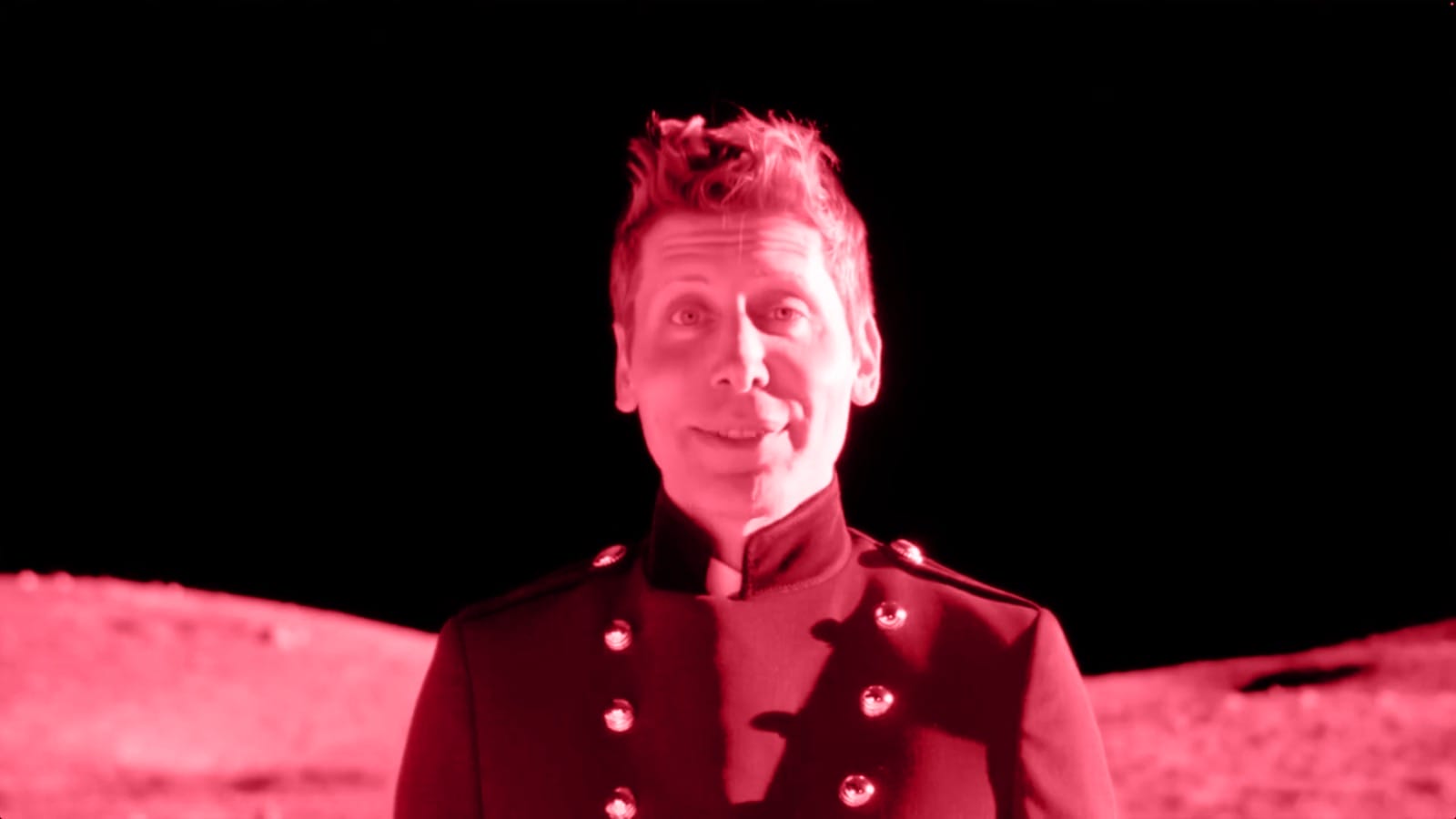OpenAI has released Sora 2, an updated version of its text-to-video generation model, alongside a new social app for iOS called “Sora.” The launch marks the company’s most significant move into social applications, allowing users to create and share AI-generated videos. The app is initially available by invitation in the U.S. and Canada.
The new Sora 2 model
According to a company blog post, Sora 2 represents a major advance over the first version released in February 2024. OpenAI claims the new model is more physically accurate, capable of generating scenes that better obey the laws of physics. For example, if a generated basketball player misses a shot, the ball will realistically rebound off the backboard instead of unnaturally teleporting into the hoop.
Sora 2 also integrates synchronized audio, including dialogue, sound effects, and background soundscapes. The company states that the model is more controllable and can follow complex prompts to create realistic, cinematic, or anime-style videos. OpenAI compared the advancement to the leap from GPT-1 to GPT-3.5 in its language models.
The “Sora” social app and Cameos
The new Sora app is designed around a feature called “cameos.” Users can record a short video of themselves to create a digital likeness, which can then be inserted into any AI-generated scene. The company emphasizes user control over this feature:
- Users decide if friends can use their cameo.
- They receive a notification when their cameo is used.
- They have the ability to approve or delete any video featuring their likeness.
The app also allows users to “remix” creations from others by altering the text prompt or adding their own cameo. OpenAI stated its goal is to create a social platform that encourages creativity and connection between friends, rather than passive consumption.
OpenAI has outlined several safety measures for the app. Videos created with Sora are labeled as AI-generated with digital credentials and visible watermarks. The company provides parental controls through ChatGPT to manage settings for teen users, such as screen time and direct messaging. According to Axios, OpenAI’s approach to copyright is to have rights holders request the removal of infringing content, similar to its policy for image generation.
Access to the app will be rolled out gradually. Priority will be given to early users of the original Sora, followed by ChatGPT Pro, Plus, and Team subscribers, and eventually free users. The service is initially free to use with certain limits.
